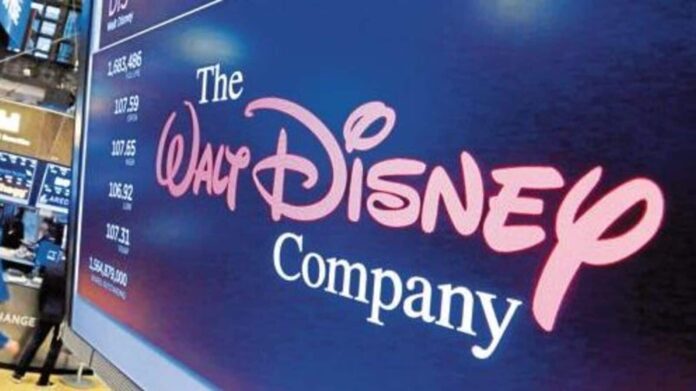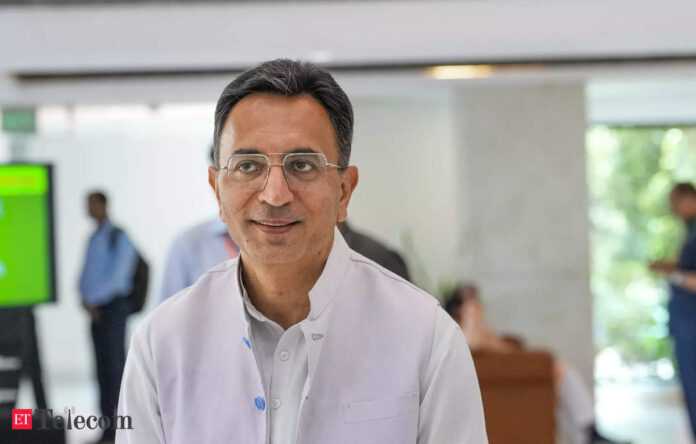In Short:
The Telecom Regulatory Authority of India (Trai) is discussing with broadcasting industry stakeholders to issue a consultation paper on broadcast tariff regulations. Industry stakeholders are urging Trai to reduce regulatory burden as competition from DD Free Dish and over the top (OTT) platforms is putting pressure on the pay-TV industry. Trai has made amendments to the NTO in the past two years to support traditional broadcasters.
Trai Initiates Consultation Process with Broadcasting Industry Stakeholders
The Telecom Regulatory Authority of India (Trai) has commenced informal discussions with broadcasting industry stakeholders to address key issues that will be included in a forthcoming consultation paper, as per sources familiar with the situation.
New Consultation Paper Under Consideration
Under the leadership of new chairman Anil Kumar Lahoti, the telecom and broadcast sector regulator is preparing to release a consultation paper to thoroughly examine the broadcast tariff issue.
Earlier this week, Trai conducted meetings with CEOs of TV broadcasting companies after a prior session with heads of TV distribution companies.
A top executive from a leading media firm mentioned, “Trai is engaging in discussions with industry stakeholders to identify areas for inclusion in the consultation paper. The objective is to revamp the broadcast tariff regulations.”
Challenges in the Pay-TV Industry
The decision by Trai to introduce a consultation paper comes amidst challenges faced by the pay-TV industry from DD Free Dish and over the top (OTT) platforms.
Industry data suggests that there are approximately 110 million pay-TV subscribers in India, split evenly between cable TV and direct-to-home (DTH) providers.
Call for Regulatory Relief
Stakeholders in TV broadcasting, cable, and DTH sectors have voiced concerns, urging Trai to adopt a policy of forbearance to support the pay-TV industry.
They attribute many industry challenges to the new tariff order (NTO) regime and believe that the sector is excessively regulated compared to unregulated entities like OTT and DD Free Dish.
A veteran TV broadcast official commented, “Broadcasting is one of the most overregulated sectors. The industry will face gradual decline without a reduction in regulatory burden.”
Recent Regulatory Changes
Over the past two years, Trai has made amendments to the NTO to assist traditional broadcasters. These include reinstating a cap on TV channel subscription fees and eliminating the cap on network capacity fees.
Trai has also recommended to the government to transform DD Free Dish into an addressable platform.





